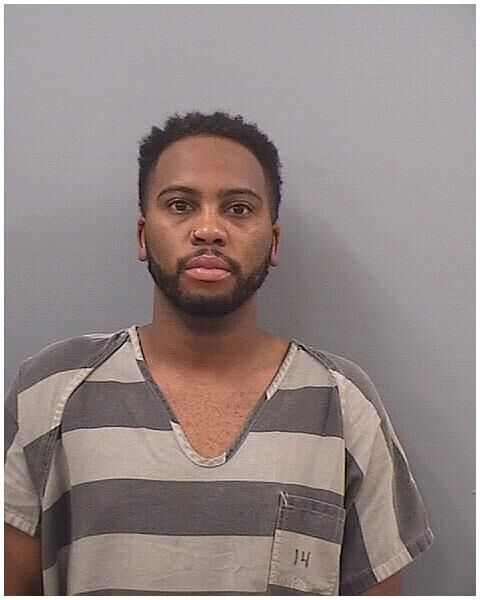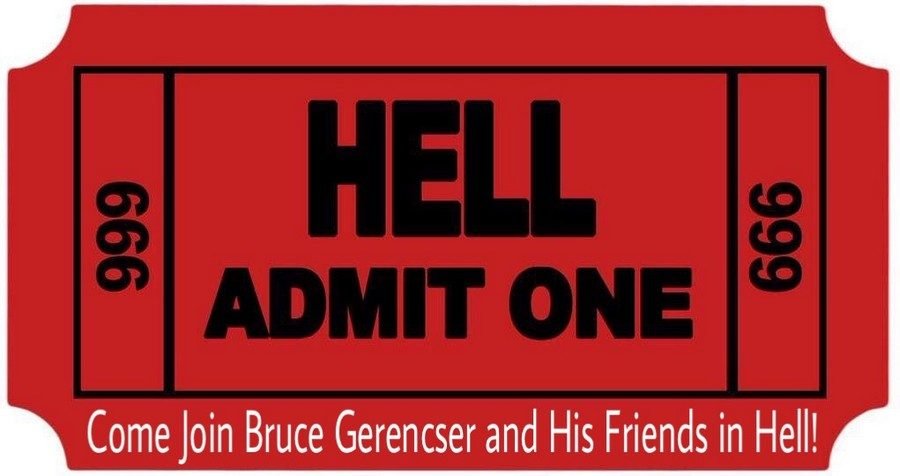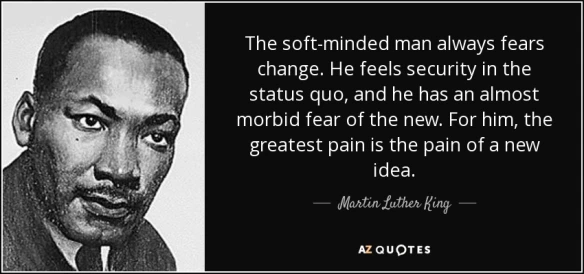
Dear Republicans, learn the difference between free speech and free market. Twitter owner Elon Musk told some advertisers to go fuck themselves. That’s free speech. After hearing Musk loud and clear, scores of companies stopped advertising on Twitter. That’s the free market.
The late Henry Kissinger was a war criminal.
We the American people are culpable for the war crimes being perpetrated in Palestine. Our weapons, our money, our blind and deaf politicians. We can excuse and justify our behavior, but the world at large sees the United States as the money and power behind the Netanyahu government’s murderous war against the Palestinian people.
Dad’s Place, a small Evangelical church in Bryan, Ohio, pastored by Chris Avell, is in the midst of a legal fight with the City over feeding and caring for homeless people. The City filed CRIMINAL charges against Avell for violating zoning laws. The church is right next to the homeless shelter, caring for the overflow crowds the shelter cannot care for. Yes, the church is technically breaking the law, as is EVERY business and church in town. Why was Dad’s Place singled out by Bryan law enforcement? Avell is a friend of mine. I recently told him I have no use for his theology, but I appreciate his concern and care for the “least of these.” Avell has a top-flight church and state law firm representing him. It will be interesting to see how this plays out.
I will be on the primary ballot this spring. I’m running unopposed for Ney’s Democratic central committee seat. This will allow me to play an active part in the reorganization of the local party. The local Democratic Party is on life support. I hope new life can be breathed into the group.
In 1998, Evangelical preachers railed against President Bill Clinton over his inappropriate sexual behavior with an intern. I remember preaching a whole sermon about Clinton’s debauched behavior. Today, most Evangelical preachers have lost all sense of morals and ethics, resolutely supporting Donald Trump, even calling him a Christian. As long as you support Trump, Evangelicals, spare me your moralizing. You are hypocrites, the lot of you.
It was shameful for the New York Times to run an article questioning Taylor Swift’s sexuality. Who she loves or fucks is NOT news.
According to many Evangelicals, God created Donald Trump for such a time as this. Gag me with a spoon.
I saw a specialist at the University of Michigan Hospital in Ann Arbor yesterday. I am hoping to have a G-Poem (gastric peroral endoscopic myotomy) procedure done soon. This procedure is relatively new and only one regional surgeon is qualified to perform it. G-Poem cuts the sphincter muscle in the stomach, relaxing it. Hopefully, this will improve my stomach/bowel motility, and reduce my nausea and vomiting. Unfortunately, many insurance companies consider this an experimental procedure and refuse to pay. My surgeon will seek pre-approval, hoping Aetna Blue Cross Blue Shield approves the procedure. We shall see . . .
Granddaughters #2 and #3 graduate from high school this spring. Victoria was accepted for enrollment at Miami University in Oxford, Ohio and Karah was accepted at Richmond University in Richmond, Virginia. Forty-eight years ago, I was the first person in our family to go to college. Since then, Polly, and three of my sons, and my youngest daughter have graduated from accredited colleges. Our granddaughters are straight-A students. It does an old man’s heart good to see them do well in life.
Bonus: The Cincinnati Reds have signed a number of new players — especially pitchers. Hope springs eternal. Catchers and pitchers report to training camp in a month. Will this be the year the Reds make some noise in the playoffs? Fingers crossed, prayers uttered to Loki. May a dying old man’s wish be granted.
Bruce Gerencser, 68, lives in rural Northwest Ohio with his wife of 47 years. He and his wife have six grown children and sixteen grandchildren. Bruce pastored Evangelical churches for twenty-five years in Ohio, Texas, and Michigan. Bruce left the ministry in 2005, and in 2008 he left Christianity. Bruce is now a humanist and an atheist.
Your comments are welcome and appreciated. All first-time comments are moderated. Please read the commenting rules before commenting.
You can email Bruce via the Contact Form.










